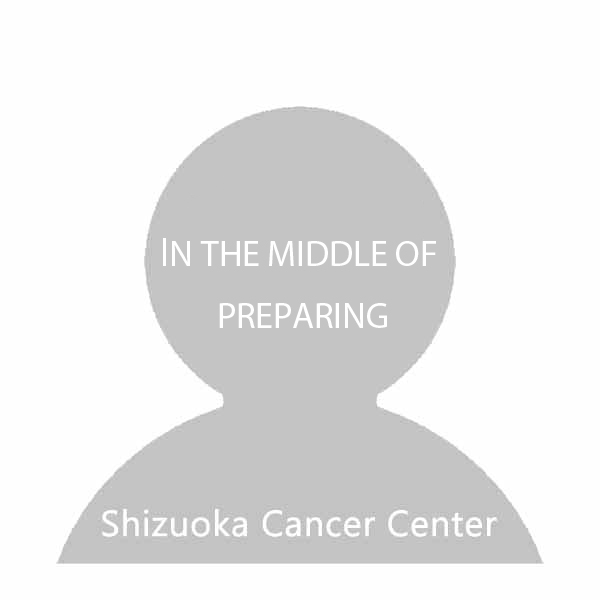 |
Neurology covers diagnosis and treatment for a disease in brain, spinal cord, peripheral nerve, and muscle. The diseases are featured by such symptoms as headache, vertigo, numbness, losing grasp, immobility, and forgetfulness. They include cerebral infarct, Alzheimer’s disease, Parkinson’s disease, ALS (amyotrophic lateral sclerosis), MS (multiple sclerosis), MG (myasthenia gravis) and Guillain-Barre syndrome. The symptoms are often associated with cancers, as they are sometimes developed as complications, or as metastases in the brain and the spinal cord, or even as side effects of anti-cancer drugs. Moreover, it is not uncommon that cancer patients have these neurological diseases even before their cancer diagnoses. The Division of Neurology in a cancer hospital is responsible for taking care of various neurological symptoms which cancer patients suffer.
Along with progressions of cancers, some patients suffer from cerebral infarcts due to coagulation disorders, or gait disorders due to losses of physical strength, in addition to the symptoms of metastases in the brain or the spinal cord. Such symptoms as numbness, paralysis, pain and gait disorder will inevitably lower the quality of patient’s life. We identify what causes these symptoms for each case, which will be effective for the early treatments. We also deal with diagnoses and treatments for myasthenia gravis coming up along with a thymus disease, Lambert-Eaton myasthenic syndrome with a small-cell lung cancer, and dermatomyositis and multiple myositis often detected as complications of various cancers.
Some of the anti-cancer drugs may trigger peripheral neuropathy including numbness and/or pains. We provide patients with treatments and supports for the peripheral neuropathy when their daily activities can’t be fully performed because of these side effects.
As the aging population is rapidly increasing in the whole society these days, there are more and more aged patients at the SCC. Many of them have the symptoms peculiar to aging, including forgetfulness, lowering of motivation, depressed mood, becoming inactive, difficulty in swallowing and gait disorder. When cancer patients are not physically and mentally strong enough, their cancer treatments can’t be fully provided and the recoveries can be delayed. Therefore, we support the aged patients in pursuit of their better performances of daily activities, working closely together with the Divisions of Psycho-Oncology and Rehabilitation Medicine as well as the Dietary Department.
When the patients who have had cerebral infarcts or Parkinson’s disease are diagnosed as cancers, getting cooperation from other clinical departments is a must for their surgeries and chemotherapy with anti-cancer drugs. Especially when a patient with Parkinson’s disease has to take a surgery for cancer in the stomach or colon and rectal, he/she will have to stop taking medicine for Parkinson’s disease temporarily, which may result in difficulties in post-surgical dietary intake or recovery. For those patients, we provide alternative treatments with injections or adhesive skin patches, and try to help them get recovered swiftly from surgeries collaborating with the Division of Rehabilitation Medicine.
Neurological disorders are closely tied with various body regions. Therefore, we always work together with other clinical departments for the treatments. As we try to come up with proper diagnoses and the best therapeutic methods depending on each case, please do not bear off such symptoms as numbness or pains, and tell your doctors or nurses about your problems right away.
clinical neurology
Specialist and Supervisory Doctor Certified by the Japanese Society of Neurology
The Japanese Society of Internal Medicine
The American Academy of Neurology